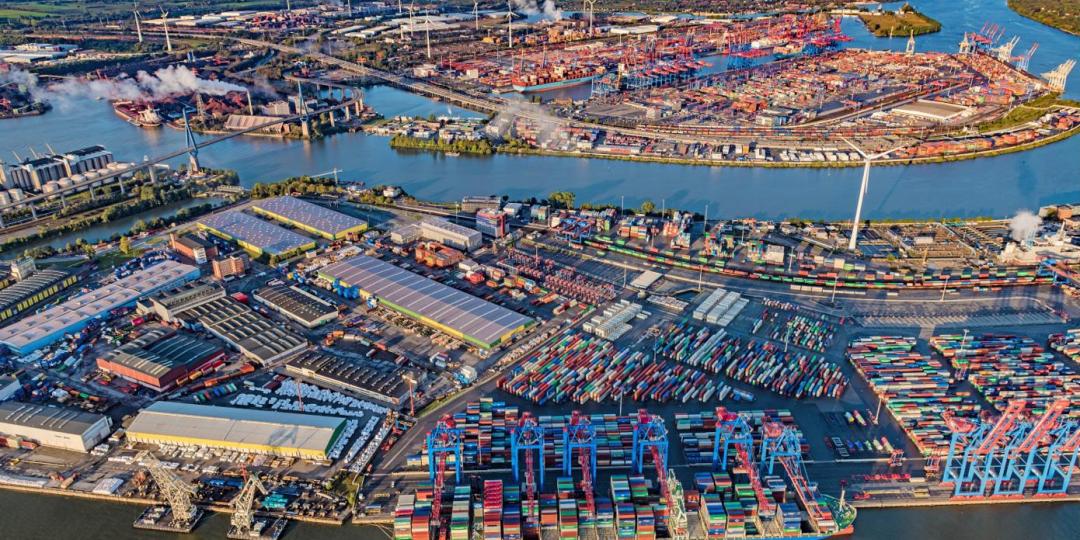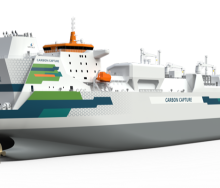The European Sea Ports Organisation (ESPO) has urged the European Union (EU) to take action against shipping lines that attempt to revise routes or add intermediate ports of call to their schedules to avoid the continent’s new carbon tax system.
This comes after the EU Parliament adopted the EU Emissions Trading System agreements to bring the maritime industry into the "Fit for 55" carbon reduction emissions scheme.
Maritime Executive reports that the ESPO, which represents EU and Norwegian ports, has warned that evasion will threaten the integrity of the ETS, eroding its credibility and robustness. It has called for penalties to be imposed on lines that attempt to avoid it.
The ESPO welcomed the European Parliament’s adoption of the plan that puts a price tag on the emissions produced by ships, but said the risk of evasion was a “serious concern” that would undermine the efforts. Parliament adopted the ETS on April 18.
The organisation warned that the geographical scope of the EU ETS maritime agreement could lead to evasive port calls where shipping lines avoid paying the ETS by calling at a port outside the EU, or changing their routes.
“We believe that the EU ETS can be an effective instrument to boost the decarbonisation of shipping. With the current scope, we fear however that shipping lines still have the choice either to go green, pay, or divert their journey to limit or avoid the ETS charge altogether. This would have a reverse effect on emission reductions and would seriously harm the business of certain ports in Europe,” Isabelle Ryckbost, ESPO secretary general, said.
“The Commission must keep a serious eye on this from day one. If there is evasion taking place, the rules have to be adapted,” she added.
The ESPO said it supported efforts to introduce a definition of “port of call” into the programme, which excludes stops in container transhipment ports neighbouring the EU. However, it is concerned that this will not prevent evasion as transhipment ports only account for 65% of neighbouring ports. It wants all non-EU neighbouring ports to be included in the programme.













